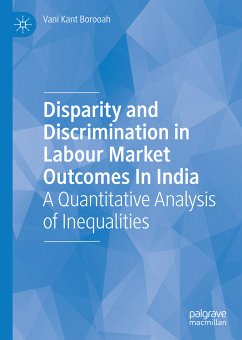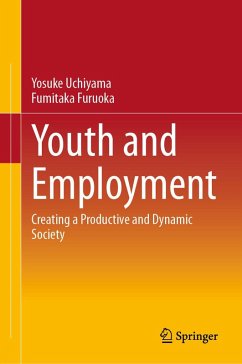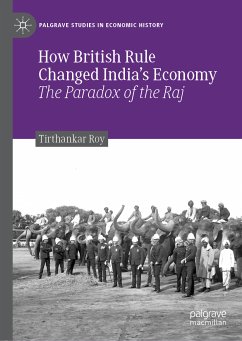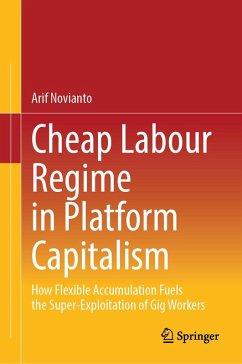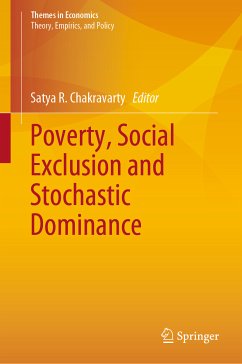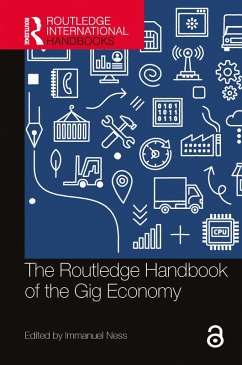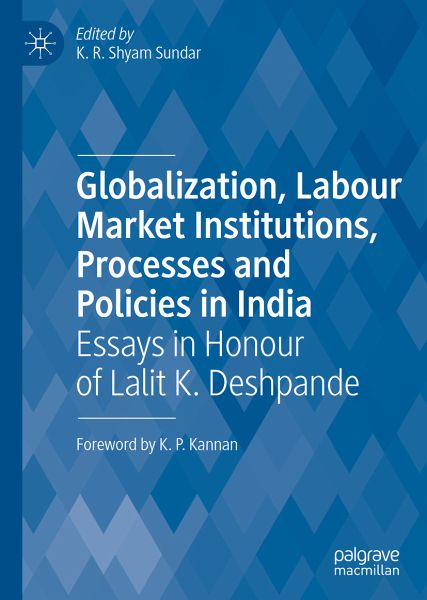
Globalization, Labour Market Institutions, Processes and Policies in India (eBook, PDF)
Essays in Honour of Lalit K. Deshpande
Redaktion: Shyam Sundar, K. R.
Versandkostenfrei!
Sofort per Download lieferbar
152,95 €
inkl. MwSt.
Weitere Ausgaben:

PAYBACK Punkte
76 °P sammeln!
This book explores the effects of product market and labour market reforms on firms, labour institutions and labour rights in the economic and industrial relations system in India. India has over the years liberalized its economy through a broad range of reforms concerning the product market and complementing these it has also sought to reform the labour market and the industrial relations system. The book assesses the impact of these reforms on both the formal and informal labour markets in India, critically examines the labour processes and uncovers/describes precarious conditions of labour ...
This book explores the effects of product market and labour market reforms on firms, labour institutions and labour rights in the economic and industrial relations system in India. India has over the years liberalized its economy through a broad range of reforms concerning the product market and complementing these it has also sought to reform the labour market and the industrial relations system. The book assesses the impact of these reforms on both the formal and informal labour markets in India, critically examines the labour processes and uncovers/describes precarious conditions of labour in various industries and occupations, and analyzes the dynamics involved in the making of industrial, employment and labour policies in contemporary India.
Dieser Download kann aus rechtlichen Gründen nur mit Rechnungsadresse in A, B, BG, CY, CZ, D, DK, EW, E, FIN, F, GR, HR, H, IRL, I, LT, L, LR, M, NL, PL, P, R, S, SLO, SK ausgeliefert werden.



